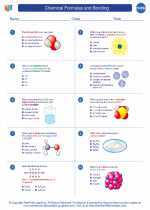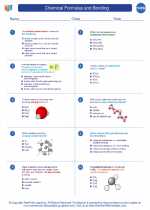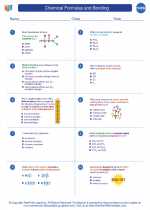Proton
A proton is a subatomic particle found in the nucleus of an atom. It has a positive electrical charge, and its symbol is "p" or "p+". The number of protons in an atom determines its atomic number, which in turn determines the element's identity. For example, all atoms with six protons are carbon atoms, and all atoms with eight protons are oxygen atoms.
Properties of Protons
- Charge: Protons have a positive charge of +1.6 x 10-19 coulombs.
- Mass: The mass of a proton is approximately 1.67 x 10-27 kilograms.
- Location: Protons are located in the nucleus of an atom, along with neutrons.
Role of Protons in Chemistry
Protons play a crucial role in chemistry, particularly in the determination of an element's identity and its chemical properties. The number of protons in an atom determines its atomic number, which is used to organize elements in the periodic table. Additionally, protons are involved in chemical reactions, particularly in the formation of chemical bonds and the transfer of electrons between atoms.
Study Guide
To study protons effectively, consider the following key points:
- Understand the concept of atomic number and its relationship to the number of protons in an atom.
- Learn the charges and mass of protons and how they compare to other subatomic particles such as electrons and neutrons.
- Explore the role of protons in chemical reactions, particularly in the context of acids and bases.
- Practice identifying the number of protons in various elements to reinforce the relationship between protons and atomic number.
By mastering the properties and roles of protons, you will gain a solid foundation in understanding the behavior of atoms and the basis of chemical reactions.
.◂Chemistry Worksheets and Study Guides High School. Chemical Formulas and Bonding

 Worksheet/Answer key
Worksheet/Answer key
 Worksheet/Answer key
Worksheet/Answer key
